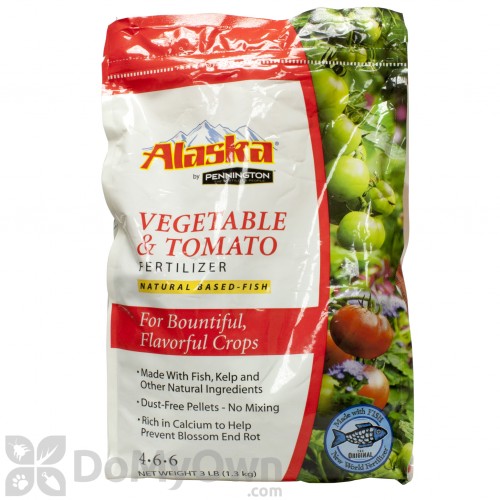Lime will raise soil pH and peppers like it slightly acidic. I only add lime when using peat based mixes which tend to be a little too acid if they were not already treated. Most Pro-Mix for example already has calcium carbonate added to it. Using coco coir based mixes its a whole other animal. You need a fast acting calcium source that wont alter the pH. Heavy pine fine mixes want more nitrogen so you use calcium nitrate or a natural source of both nutrients. Such as a crab shell/fish meal.
That is why i use calcium acetate. It adds nothing but fast acting calcium that is water soluble. However it is too expensive for large plots. Calcium nitrate is much much cheaper but its 15% nitrogen or more. Plus it has other negatives if used too much.
I suggest not adding anything until you know the soil pH. Nutrient changes are simple once you know that. Add only natural sources that improve soil biology. Happy good microbes and fungi will do more than any fertilizer ever will. They form a symbiotic relationship with plants. Good aged compost is full of them.
I made a small compost pile on my jalapeno patch. Partially to help keep the soil there from freezing. Compost piles (cook) and get very hot sometimes. The worms under that pile went nuts all winter. The following spring a shovel went through that dirt like butter. I hate tilling and so do many beneficial things in a healthy living soil.
I save ever last egg shell, coffee grinds, yard waste and fish leftovers i get. It all goes into the compost. Nature does the rest. If you can get large amounts of poultry bedding you got a really good start. Just make sure it has plenty of time to "cook" in the compost pile. Fresh chicken poo is REALLY hot and needs time to mellow out. One year when i was a kid my dad had a farmer friend bring us in a ton of pig crap. Small dump bed full.
Man did that thing cook all winter. That pile looked like a volcano with a pillar of steam coming out of the center. So hot you could not stick your hand in it. Our garden was about 15ft by 65ft and the following year the pig pile got spread over the entire plot. Boy were the neighbors mad too.

...Well until all the maters and peppers started rolling out.









